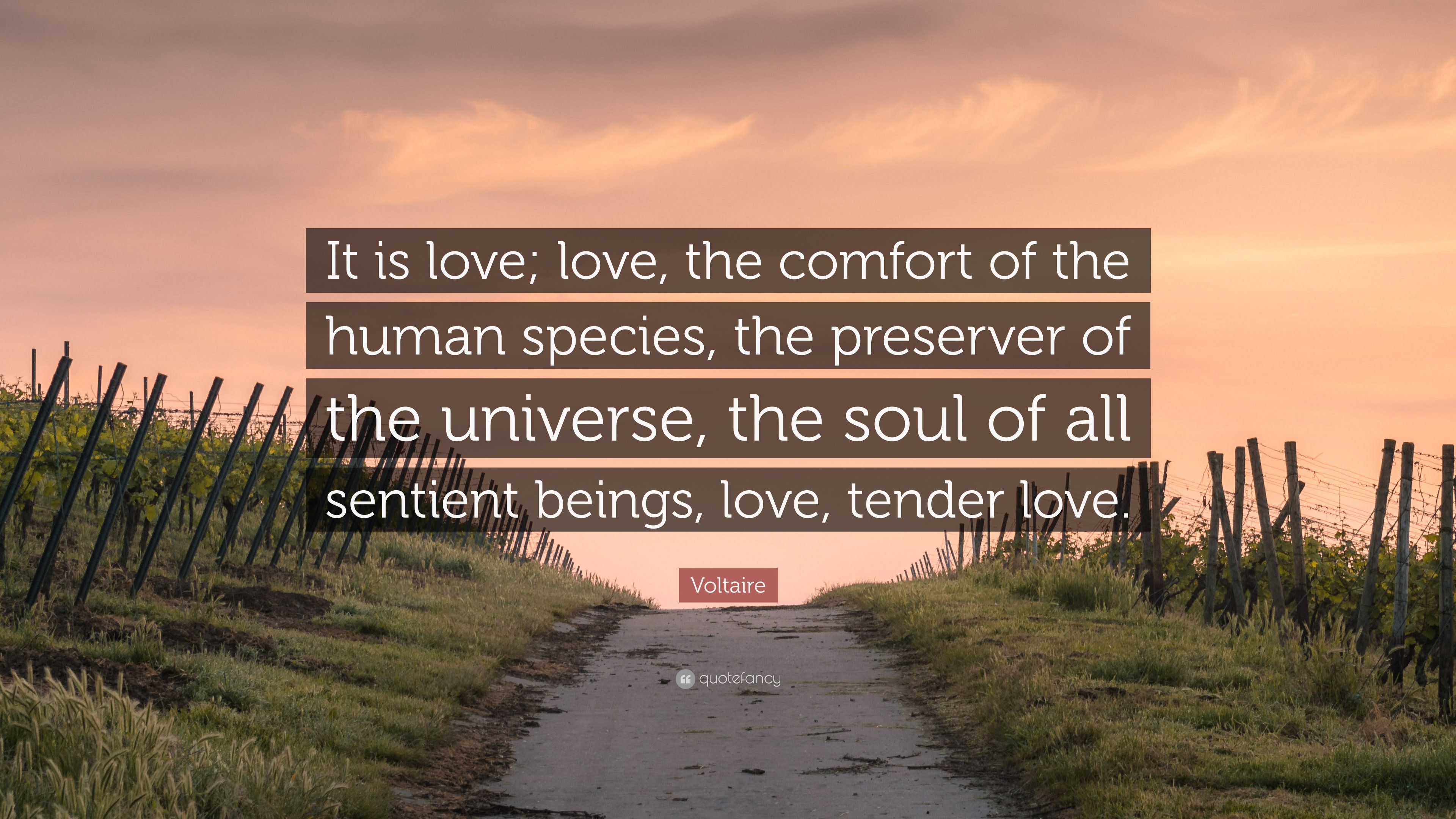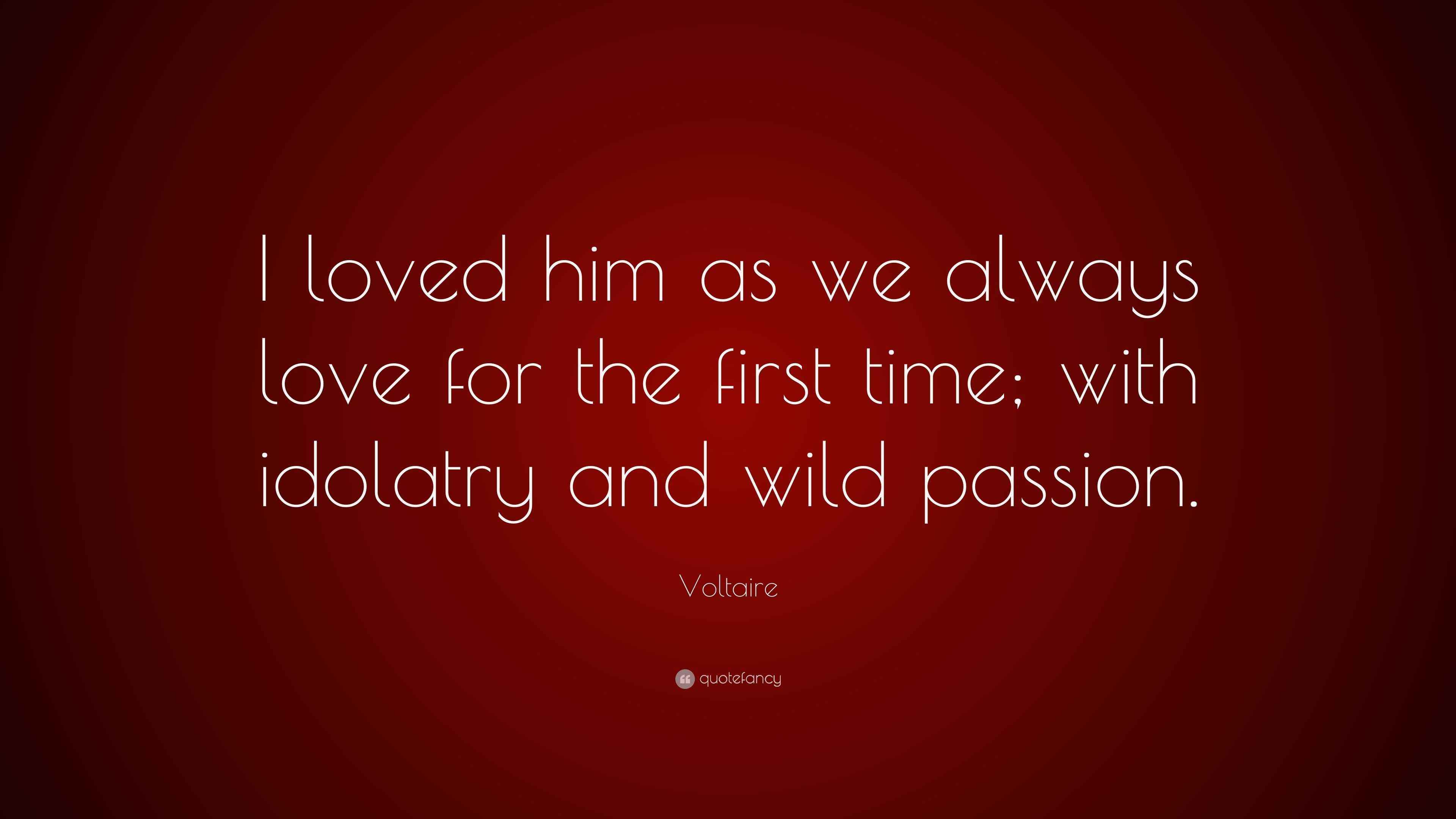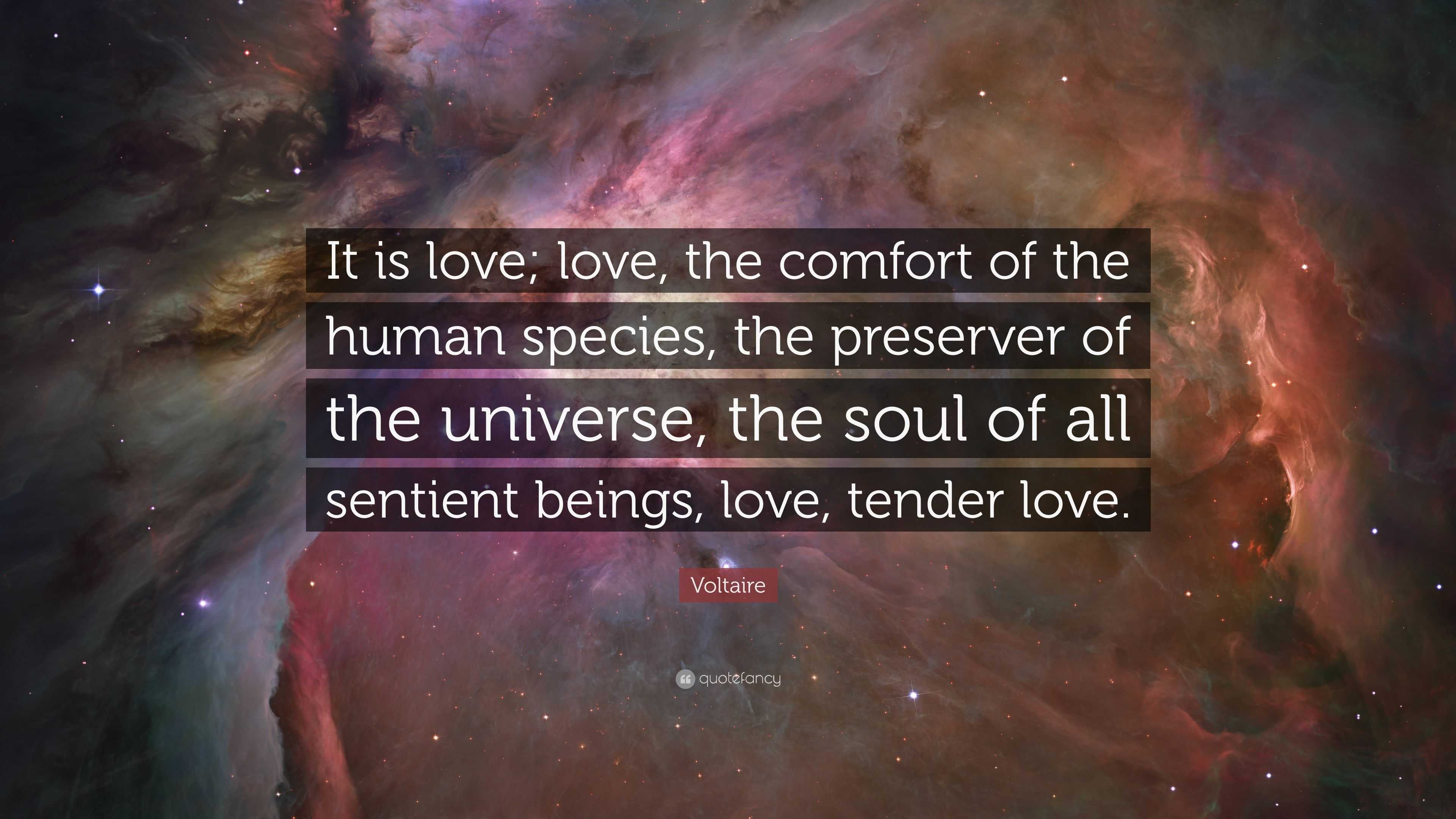Top Voltaire Quotes On Love, Life & Freedom
Can a man teeter on the precipice of despair and yet remain enamored with the very essence of existence? Voltaire, the audacious Enlightenment philosopher, embodies this paradox, a testament to the enduring human spirit. His life, a whirlwind of intellectual battles and passionate pronouncements, offers a profound meditation on the complexities of life, love, and the pursuit of freedom.
Born Franois-Marie Arouet in Paris in 1694, Voltaire adopted his now-famous nom de plume at the age of 24. This act, a symbolic shedding of his birth name, foreshadowed a life dedicated to challenging convention and championing intellectual liberation. He navigated the treacherous currents of 18th-century France, a period marked by rigid social hierarchies and the stifling influence of the Catholic Church. Voltaires sharp wit and satirical pen became his weapons of choice, targeting religious dogma, political oppression, and the pervasive injustices of his time. His prolific outputover 20,000 letters, 2,000 books and pamphlets, and countless plays, poems, and essaysstands as a monument to his tireless dedication to reason and free expression. From the biting satire of Candide to the philosophical inquiries of Lettres philosophiques, his works sparked debate and fueled the fires of the Enlightenment.
| Full Name: | Franois-Marie Arouet (Voltaire) |
|---|---|
| Born: | November 21, 1694, Paris, France |
| Died: | May 30, 1778, Paris, France |
| Occupation: | Writer, Historian, Philosopher, Playwright, Poet, Essayist |
| Known For: | Advocating freedom of religion, freedom of expression, separation of church and state, social reform. Author of Candide, Lettres philosophiques, and numerous other works. |
| Reference: | Encyclopdia Britannica |
Voltaires personal life was as complex and fascinating as his intellectual pursuits. While he remained a bachelor, his relationship with milie du Chtelet, a brilliant mathematician and physicist, was a significant and intellectually stimulating chapter in his life. Their shared passion for knowledge and their defiance of societal norms cemented their bond. It was during his time with milie that Voltaire delved deeper into the scientific and philosophical currents of his time, further solidifying his commitment to reason and empirical observation.
His famous quote, "Love is a canvas furnished by nature and embroidered by imagination," encapsulates his romantic view of love. Yet, Voltaires focus extended beyond the personal. He saw love as a fundamental force, the preserver of the universe, the soul of all sentient beings. This expansive understanding of love speaks to his belief in the interconnectedness of humanity and the importance of compassion and empathy.
Voltaire's relentless pursuit of truth often placed him in precarious positions. He faced imprisonment, exile, and censorship, yet he never wavered in his convictions. "I disapprove of what you say, but I will defend to the death your right to say it," a sentiment often attributed to him, encapsulates his unwavering commitment to freedom of expression, a principle he considered essential for societal progress.
He recognized the power of ideas to shape history. "History can be well written only in a free country," he declared, underscoring the vital link between liberty and the pursuit of knowledge. He challenged the established order, questioned religious dogma, and advocated for social reform, earning him both ardent admirers and fierce critics. His famous quote, "If this is the best of possible worlds, what then are the others?" from Candide, reflects his satirical critique of optimism and his unflinching examination of human suffering.
Voltaire's impact resonated far beyond his lifetime. He influenced revolutionaries, thinkers, and writers, shaping the course of history. Napoleon Bonaparte, a figure who reshaped the political landscape of Europe, professed his admiration for Voltaire, stating, "The more I read Voltaire, the more I love him. He is a man always reasonable, never a charlatan, never a fanatic." This praise from a man known for his decisiveness and ambition speaks volumes about the enduring power of Voltaires intellect and his unwavering commitment to reason.
From his poignant reflections on the human condition I have wanted to kill myself a hundred times, but somehow I am still in love with life to his witty pronouncements on the absurdity of societal norms, Voltaires words continue to resonate with contemporary readers. His life and works serve as a powerful reminder of the importance of critical thinking, the pursuit of knowledge, and the unwavering defense of freedom.
Voltaire, the man who dared to challenge the powerful and champion the oppressed, leaves behind a legacy of intellectual courage and an enduring commitment to the ideals of the Enlightenment. His words, like Crush the infamous thing, a rallying cry against superstition and intolerance, remain a potent reminder of the ongoing struggle for intellectual and social liberation. Voltaires life, a testament to the power of the human spirit, continues to inspire generations to question, to challenge, and to embrace the enduring pursuit of truth.


